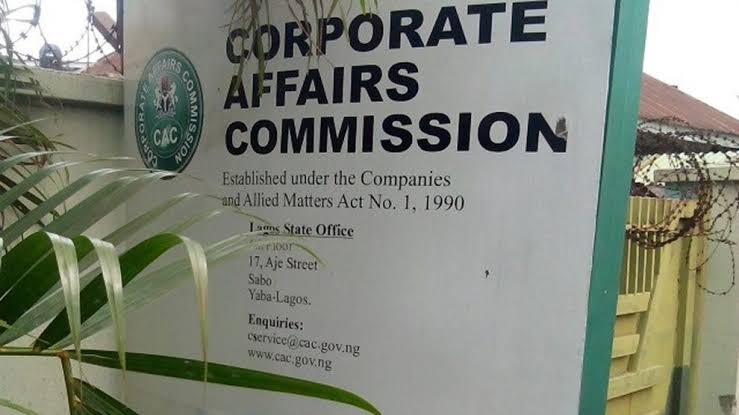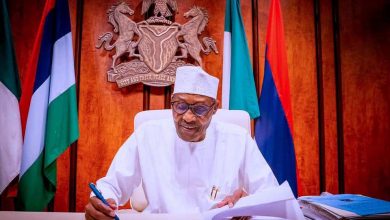
The World Bank Doing Business (DB) team has just announced Nigeria as one of the top-20 improvers in doing business out of 190 countries. This announcement comes ahead of the 24th October release of the 2020 World Bank Doing Business rankings.
The World Bank Doing Business Report is an objective assessment of prevailing business environments based on a number of ease of doing business indicators. In Nigeria, the report assesses doing business conditions in the two largest commercial cities of Lagos and Kano.
The World Bank’s announcement acknowledges reforms spearheaded by the PEBEC in the areas of “operationalising a new electronic platform that integrates the tax authority and the Corporate Affairs Commission (CAC)”. It also acknowledges reforms carried out in some of the World Bank Doing Business indicator areas such as starting a business, registering property, getting construction permits, getting electricity, enforcing contracts, and trading across borders.
“The CAC also upgraded its name reservation platform and, in Kano, there is now an electronic platform for registering business premises online, eliminating the need to appear in person. In Lagos, land administration was made more transparent following the digitisation of cadastral plans in a geographic information system; digital copies of cadastral plans are now easily obtainable. Nigeria also made getting electricity easier by allowing certified engineers to conduct inspections for new connections. Initiatives also made commercial litigation of smaller cases more efficient. The Chief Judges in Lagos and Kano issued practice directions for small claims courts introducing pre-trial conferences and limit adjournments. Finally, customs integrated more agencies into its electronic data interchange system, and port authorities launched an e-payment system, speeding up both exports and imports.”
Over the past three years, Nigeria’s score has steadily improved in the World Bank Doing Business Report, after years of decline in both score and ranking in the years preceding 2016. In 2017, Nigeria moved up by an unprecedented 24 places on the Doing Business rankings. For the first ever, Nigeria was also recognised as one of the top 10 reformers in the area of doing business that year.
Welcoming the announcement, the Special Adviser to the President on Ease of Doing Business, Dr Jumoke Oduwole, said that “the recognition being given to Nigeria as one of the top 20 most improved countries, who have implemented the most reforms this year, is significant because we weren’t even able to achieve some of the key reforms we had pursued, but what we have done so far is being recognised. This validation confirms that our strategy is working and we will continue to push even harder.”
These improvements in the standing of Nigeria trail the reform agenda being implemented at national and sub-national levels across the country since the establishment of the Presidential Enabling Business Environment Council (PEBEC) by President Muhammadu Buhari in July, 2016. The PEBEC works towards the fulfilment of the projections of the Economic Recovery and Growth Plan (ERGP 2017-2020), which is striving to deliver sustainable economic growth in Nigeria by restoring growth, investing in our people, and building a competitive economy.
The Presidential Enabling Business Environment Council through the Enabling Business Environment Secretariat has carried out over 140 reforms so far in a bid to remove bureaucratic constraints to doing business in Nigeria and make the country a progressively easier place to start and grow a business.
With the impending ratification of the Companies and Allied Matters Bill and the introduction of the Business Facilitation (Omnibus) Bill, 2019 in view, along with other pending regulatory, judicial and sub-national reforms, Nigeria is poised to meet its goal of being a top 100 ranked economy by 2020. The announcement is indicates that our goal of moving into the top 70 doing business destinations by 2023 remains achievable.





